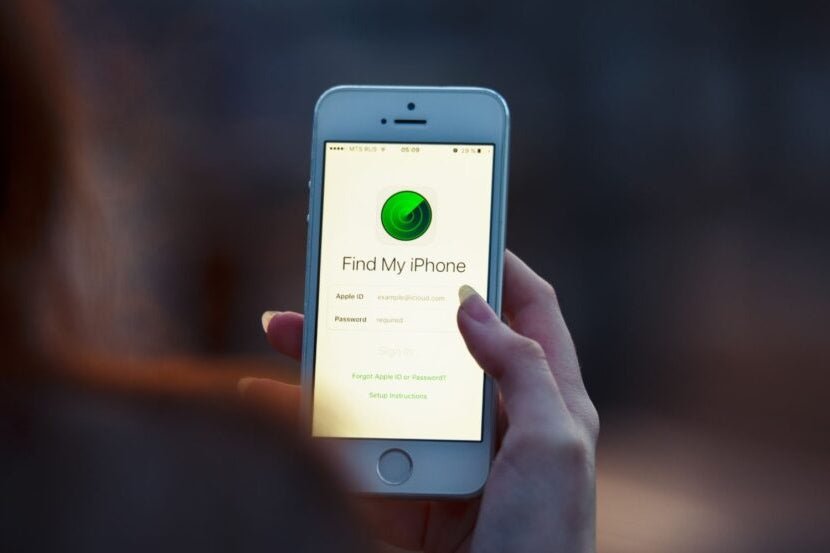The city of Denver has been ordered to pay a substantial sum of $3.76 million to a 78-year-old woman, Ruby Johnson after the police mistakenly raided her home while using Apple’s “Find My” technology.
The incident dates back to January 2022 when the Denver police, in an attempt to recover a stolen truck loaded with firearms, used the ‘Find My’ feature on an iPhone. However, the police mistakenly targeted Johnson’s house, leading to a wrongful raid and significant damage to her property, as reported by CNN.
Despite the officers involved, Detective Gary Staab and Sgt. Gregory Buschy, being cleared of any wrongdoing by the Denver police, a jury has ruled in favor of Johnson. The city will be responsible for the $3.76 million award, even though the officers were sued as individuals.
Johnson’s attorney, Tim Macdonald, expressed concern over the lack of training or policy changes within the police department and hopes that the punitive damages award will serve as a strong message for the protection of residents’ constitutional rights.
The American Civil Liberties Union or ACLU, which represented Johnson, highlighted that the raid was based on an alleged location ping from an iPhone’s “Find My” app, which the officers did not understand and had no training for.
The ACLU and the jury concluded that the officers had no valid reason to target Johnson’s house. Each officer is responsible for roughly $1.25 million in punitive and compensatory damages.
The “Find My” app has been the subject of controversy in the past. Last year, Apple’s alleged faulty Maps data led to an unexpected gathering of people searching for their lost iPhones at a single Texas address, causing concern for the residents of the house.
Despite these controversies, the “Find My” feature has also been instrumental in aiding law enforcement. In a separate incident in December 2022, the “Find My” feature helped police track down AirPods allegedly stolen from a hotel in Canada.
In January, it was reported that the “Find My” technology was used by an iPhone owner to recover their stolen device from a Walmart Inc. EcoATM kiosk.
Overall, the case involving Ruby Johnson highlights the importance of proper training and understanding of technology by law enforcement agencies to prevent wrongful raids and protect the constitutional rights of residents. It also underscores the potential pitfalls of relying solely on technology without proper oversight and verification.





